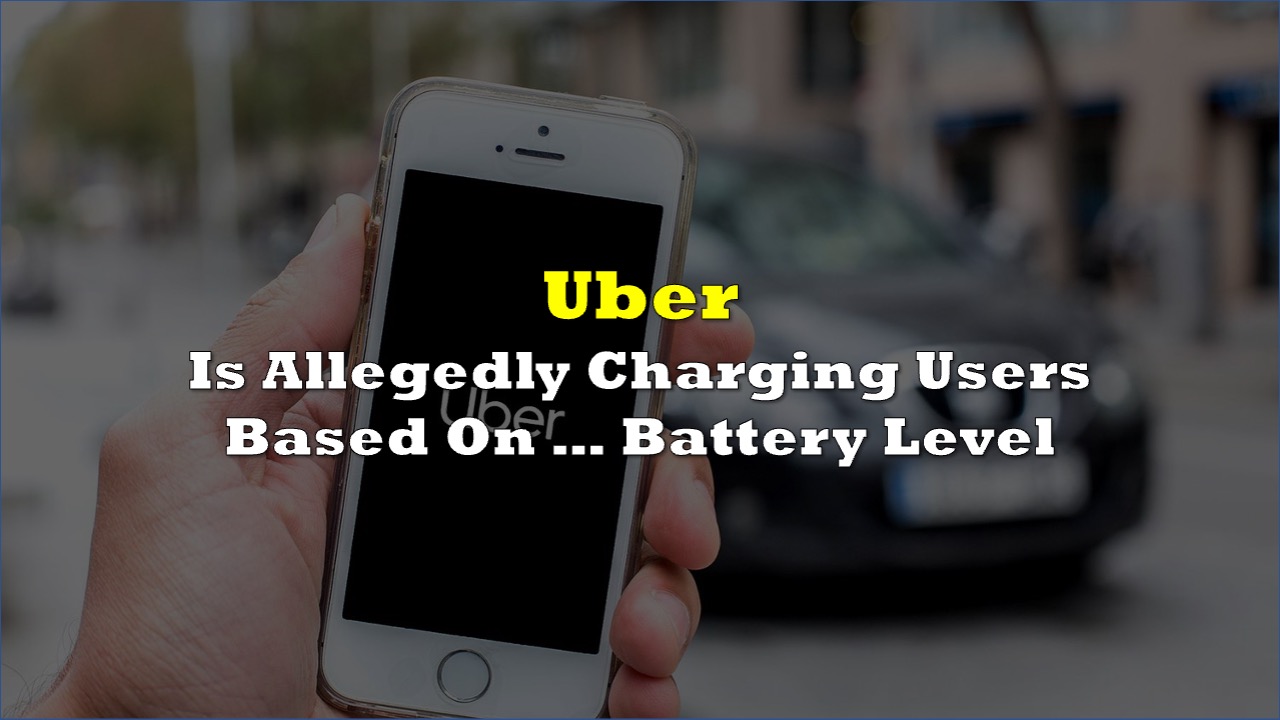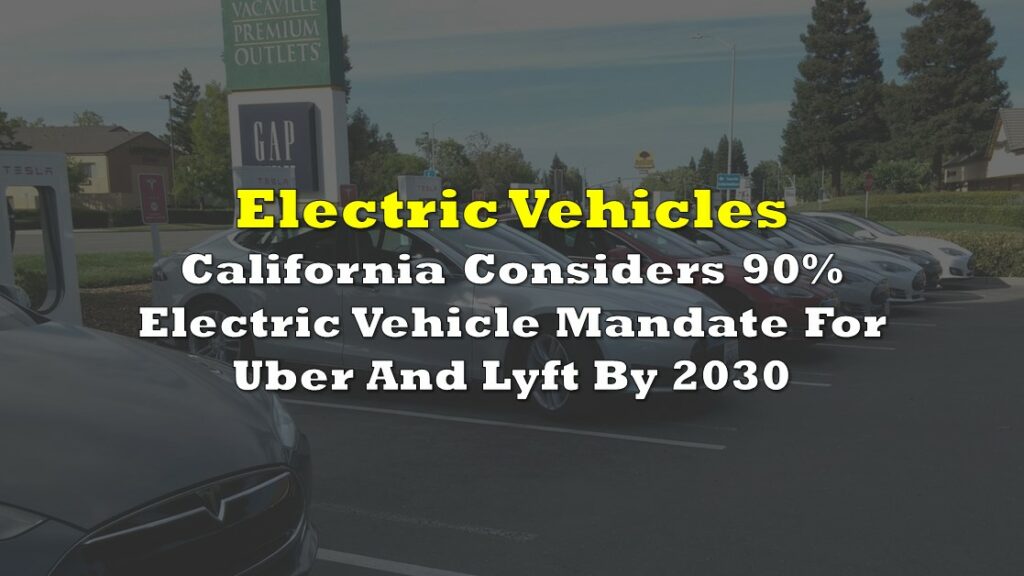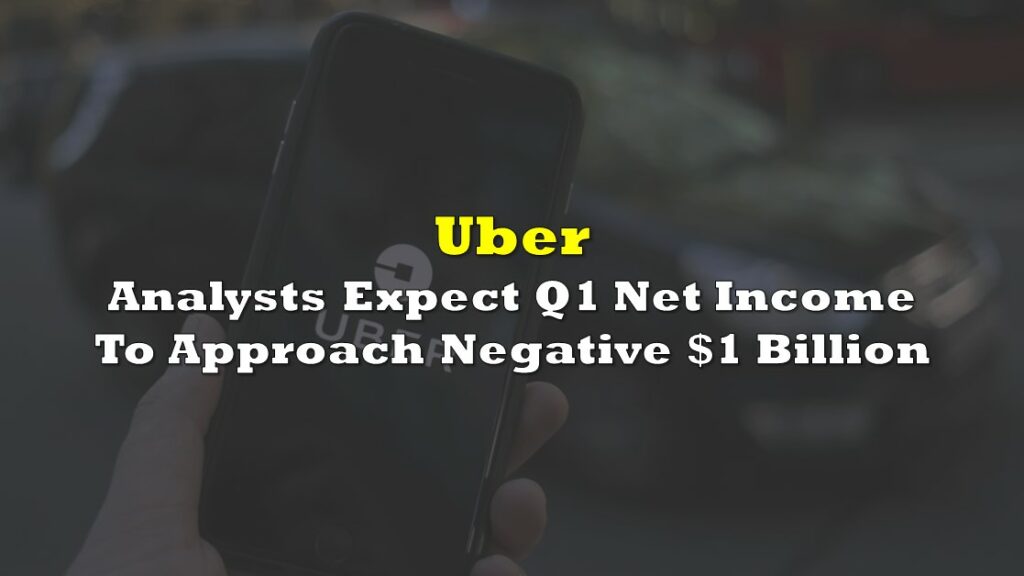The ride-sharing giant was accused anew by some users of adjusting rates depending on the user’s battery level. Uber (NYSE: UBER) has firmly denied the connection between battery level and pricing but has not satisfactorily explained price differences for identical journeys.
The theory was tested by the Belgian newspaper Dernière Heure. They booked a ride from their office in Brussels to a nearby ferry terminal using two smartphones, one with 84% battery and the other with just 12%. The trip with more battery was significantly cheaper at €16.60 ($18.10) versus €17.56 ($19.16) for the phone with just 12% battery remaining.
Uber has firmly denied this accusation, saying that the app is not able to detect the user’s battery level.
“Uber does not take into account the phone’s battery level to calculate the price of a trip,” Uber said in a statement to Dernière Heure. “The dynamic pricing applied to trips booked via Uber is determined by the existing demand for rides and the supply of drivers who can respond to it.”
In 2016, Keith Chen, who was at the time Uber’s head of economic research, appeared on an episode of NPR’s Hidden Brain podcast and shared that the company found that people are more willing to pay surge pricing when their phone is about to die.
“And we absolutely don’t use that to kind of like push you a higher surge price, but it’s an interesting kind of psychological fact of human behavior,” he said.
Muting this, but those who are doubting, check up Dynamic Pricing and my last comment. Uber (& co) use your battery level as data and then uses that data to train the pricing model that (dynamically) publishes you prices 🙂
— Doxologist (@Prestige_T) September 20, 2019
Information for this story was found via Brussels Times, NPR, and the sources and companies mentioned. The author has no securities or affiliations related to the organizations discussed. Not a recommendation to buy or sell. Always do additional research and consult a professional before purchasing a security. The author holds no licenses.











